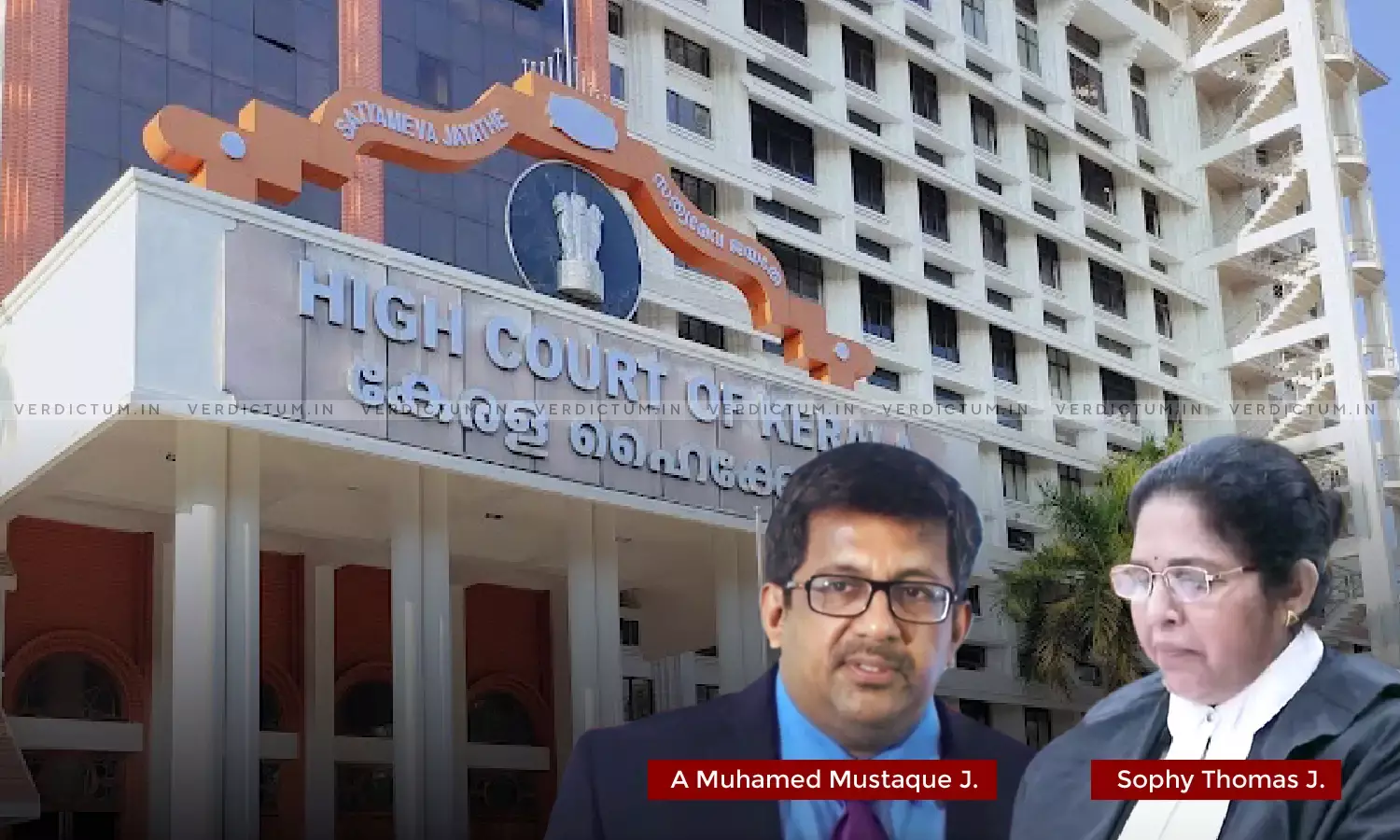Divorce Not A Concept In Live-In Relationships, Only Marriages Under Personal Or Secular Law Can Claim: Kerala HC Observes
The Kerala High Court recently observed that parties living-together in a relationship as marriage by virtue of an agreement cannot claim divorce, because divorce can be claimed in a recognized marriage, and recognition has not been granted to Live-in-relationships so far. The bench further reprimanded the Family Court for having decided on the legitimacy of marriage, as the plea was not maintainable in the first instance.
“…There may be a situation where the relationship qualifies for creation of reciprocal obligation or duties elsewhere. But that does not mean that such a relationship can be recognised for the purpose of divorce. Law relating to divorce is peculiar in our country and customised through legislation. The extra-judicial divorce followed in some communities also got recognition through statutory laws. All other forms of divorce are of statutory nature. The statute only recognise or allows the parties to divorce if they are married in accordance with the recognised form of marriage applicable as per the personal law or secular law”, a bench of Justice A. Muhamed Mustaque and Justice Sophy Thomas observed in the matter.
Advocate Dhanya P.Ashokan appeared for the petitioner.
In the present matter, the appellants, where one was Hindu while the other was Christian by faith, were living together by entering into a registered agreement on February 19, 2006, and even had a 16 years old child.
However, they did not intend to live together anymore, therefore, they moved a joint petition before the Family Court, Ernakulam invoking Section 28 of the Special Marriage Act for mutual divorce.
The Family Court, noting that the marriage was not solemnised under the Special Marriage Act, dismissed the petition for divorce. Therefore, the appellants approached the bench.
The Court thus looking into the peculiar set of facts, noted that marriage as a social institution reflects the ideals of a society, and further opined, “The Law is yet to recognise the live-in relationship as marriage. The Law accords recognition only if the marriage is solemnised accordance with the personal law or in accordance with secular law like the Special Marriage Act. If the parties decide to live together by virtue of an agreement, that by itself will not qualify them to claim it as a marriage and claim divorce thereon. The law recognises divorce as a mean of separating a legal marriage”.
The bench while highlighting further that the purpose of the Family Court was to manage marriage and family affairs, where marriage itself means a relationship recognised by the law. Furthermore, any marriage entered into through a contract has no recognition so far under law for granting divorce.
“The Family Court, in fact, has gone further and dismissed the petition for divorce holding that the marriage was not solemnised in accordance with the Special Marriage Act. If the Family Court does not have jurisdiction, the Family Court can only hold that the petition was not maintainable and cannot dismiss the claim for separation”, the bench thus observed.
Accordingly, the division bench directed the Court to return the petition holding that it is not maintainable while giving liberty to the parties to work out their remedy elsewhere.
Cause Title: X v. NIL
Click here to read/download the Judgment




